Dear hopeful reader,
Lately I’ve been disappointed by the shows and films we’ve been getting as consumers. Among the sea of terrible movies and series, I could only find a few hidden gems to enjoy or escape in. That wasn’t always the case. Why is that?
Series and films used to be centered around escaping your reality and immersing yourself in another world you could imagine to be true or absolutely unimaginable, and you were there for it all. Now some directors, screenwriters, and other professionals behind their motion picture projects focus more on poorly delivered messaging that most people can’t relate to, especially when after a long, rough day, they just want to forget about their troubles for a bit with some TV watching.
The motion pictures became not about what the audience wanted to see, but what the film or series crew selfishly wanted to show. Hence why certain movies and shows have flat protagonists who speak like they would on Twitter or TikTok, not in any real-world setting. And even when a plot moves along it has to be preceded by or followed with alienating social commentary, as if the viewers are stupid and don’t understand wrong from right. World building has become unrealistic and unimaginable, and character development—well—nonexistent. I’m not here for it. A lot of viewers aren’t here for it.
Of course, exploring sensitive themes and universal truths in cinema is important for self-growth and collective development, to be and do better. But it must be done with utmost care, love, and understanding so the message can be conveyed and understood clearly. I would tell anyone working on a creative project to invite others into the conversation, don’t estrange them. We’re stronger and more united when we’re together. Divided we fall, as the saying goes, no?
Several months ago, I got a two-month free trial to Apple TV+ thanks to Will Smith’s promotion of the movie Emancipation where he’s the main protagonist. Hesitantly I started watching their originals. And. I. Was. Blown. Away. At last I found movies and shows with engaging stories, compelling protagonists and villains, rich worlds, and inciteful morals. I’m still blown away and can hardly believe it. As I’ve regained my hope in cinema, I decided to keep my Apple TV+ membership.
I know I can count on Apple TV+ to provide immersive storytelling in their films and series, what I always long for in these creative mediums. I want to feel deeply, be inspired and empowered, be exposed to nuance and layers of our humanity, reflect awhile on the complexities of our world, feel creativity flowing through me. And I found that on Apple TV+. If you’re tired of being disappointed by lackluster shows that demean your intelligence, you don’t have to be anymore. Below is a list of six fantastic shows with immersive storytelling on the Apple streaming service. There are so many more, but these ones made me cry the most. Prepare your tissues before watching.
Also read: Feel-good 2022 Christmas movies to watch in February 2023
#1: The Shrink Next Door
The Shrink Next Door is based on the real-life story of Martin Markowitz and the unhealthy relationship he had with his therapist Dr. Isaac Herschkopf. Dr. Ike first empowers Marty with confidence and assertiveness in setting boundaries. Gradually however, Ike manipulates, disenfranchises, and isolates Marty from others, especially his family who only ever wanted the best for him. Dr. Herschkopf has been doing that to other patients for years, we later discover.
This is a poignant, heartrending cautionary tale of codependency, manipulation, and gaslighting. It clearly shows the red flags so blatant to the viewers, but those who are knee-deep in a codependent relationship may not be in the state to recognize it or well-equipped to cut ties with their abuser. It’s pertinent to anyone going through a similar situation or who overcame it. I’m immensely impressed by Will Ferrell, Paul Rudd, and Kathryn Hahn’s acting chops in this series. Normally I watch these actors in comedies, but in The Shrink Next Door they prove how versatile and impactful they are in dramatic roles.
#2: Little Voice
Little Voice follows a talented musician, singer, and songwriter, Bess King, and her struggles in finding her footing as a musical performer while juggling complicated romantic relationships and family troubles. In essence, Little Voice is about discovering and grounding your truth and authenticity despite all the naysayers.
Watching Bess bravely following her dream—her little voice that’s anything but little—going from performing in bars, to winning in a song contest, to recording a track in a studio, to making a music video is a gripping, emotional, and inspiring experience. Anyone who is an artist could relate to the obstacles and triumphs of the creative process depicted in the show.
The show features such beautiful, poetic songs. Just read the first two stanzas from “Dear Hope” below:
Read a book on Hemingway
Closed my eyes to see
The man himself appeared to say
To write is just to bleed
So I will write it down, all the jagged edges
The ugliness I've seen
Until I change the truth, rearrange the letters
For beauty underneath
How evocative, powerful, and transformative!
#3: Pachinko
Pachinko recounts the story of one Korean family across four generations, enduring through the Japanese occupation, immigration to Japan, professional failures and successes, and familial ties and losses. The show portrays the themes of survival and strength so powerfully.
Not only that, Pachinko unravels like poetry. Each scene is aesthetically and emotionally lyrical. As a poet, I was spellbound from the first second. After finishing the show, I still rewatch and cry after the opening title sequence. It’s just so stunning and enchanting.
And the dialogue, oh, how breathtaking it is! The following excerpt of telephone conversation between Solomon and Hana compellingly depicts the urgency and importance of speaking on beauty, truth, and love. There’s no time for silly questions when the person on the other line may be fading away.
…
Solomon: Where have you been?
Hana: What boring questions. Ask me, instead, If I’m still beautiful.
Solomon: Are you still beautiful?
Hana: If I close my eyes, sometimes I can still see the two of us. We were still so full of hope, weren’t we?
Solomon: We were children.
Hana: No, that’s not true. We were wise, and we were free.
Solomon: Tell me where you are, please.
Hana: If I told you, you wouldn’t even know how to get to me.
Solomon: I will find you.
Hana: I’m in that darkness, Solomon. I’ve been here for so long now I don’t know how to find my way out. Even you…you can’t find me.
…
After this dialogue, I pondered awhile on whether Hana is alive. Their exchange was so haunting, ethereal even. Pachinko incorporates many dialogues like so that are magical, intriguing, and pensive.
#4: For All Mankind
Imagine, if you will, that in 1969 a USSR cosmonaut was the first human on the Moon, and how that one significant moment affected and shaped the whole world thereafter, particularly the United States and NASA. That’s For All Mankind, an alternative history science-fiction drama.
Although For All Mankind depicts fictional events, they’re shown realistically. The characters and their growth or decline and struggles are relatable and sympathetic. And the way they showed astronauts floating in Space or hopping on the Moon’s surface in zero gravity looks believable, the Red Planet authentic.
What compels me especially about this show is how it portrays the wonders and dangers of space traveling and exploration. There’s no shying away from the risks, losses, and sacrifices during flight, descent, or even mere preparation. And how devastating it is for loved ones on Earth. But there’s also joy and fulfillment in being out in Space, in seeing the world from a completely different and awe-stricken view, in progressing and making a difference for humanity.
Also read: The Last of Us DLC does narrative better
#5: Truth Be Told
Poppy Parnell, played by the phenomenal Octavia Spencer, is an investigative journalist and podcaster whose career blew up due to her reporting on a trial concerning Warren Cave, convicted of murdering Chuck Buhrman, decades before. After new evidence comes to light, she reexamines the case on her podcast to find the truth and help release Warren from prison.
To seek truth and justice fully, Poppy risks comfort, safety, and even relationships. As the show goes on, other truths unravel about Poppy’s past and family. She has to reconcile with what she experienced and what was. Truth Be Told effectively shows the complexities, qualities, and frailties of each character. It prompts us to humanize and empathize with others even when they’re not always good as we learn what they’ve been through and their motivations.
#6: Defending Jacob
Defending Jacob shows the trials and tribulations of the Barber family whose fourteen-year-old son Jacob is accused of killing a fellow classmate Ben. Andrew, the father, who was first assigned on the case can no longer investigate it due to conflict of interest and does so in clandestine, to prove his child’s innocence. And the mother, Laurie, has to give up her job so her presence doesn’t tarnish the reputation of the organization she works for, and instead of being comforted through this whole ordeal by friends, she loses them. Jacob is alienated in school and has barely any friends he can trust for support. Even before innocence or guilt is proven, the family is already seen as guilty by the community.
This miniseries made me ponder on how quickly we come to conclusions without all the facts presented to us, how readily we shun and silence others before they’re proven innocent or guilty. Especially after this show, I want to be able to have a well-rounded knowledge of any particular situation or person. As it so happens, sometimes individuals who were held guilty are found innocent in time. Meanwhile, Jacob isn’t always a likeable character and has had some alarming tendencies. Is he innocent? Is he guilty? The more the show progresses, the more clouded truth becomes. By the end, you’re left with a complete ambiguity. And that’s the point—Defending Jacob incites us to critically introspect and have intelligent discussions amongst each other.
If there’s one streaming service to invest in, it’s Apple TV+. Among the competition, it’s on the cheaper side, costing $6.99 per month in the US. The quantity of shows and films is less than Netflix, for instance, but the quality fulfills and even exceeds all expectations. Rewatchability is high because each series or movie is unique, riveting, and memorable.
Do you have a membership to Apple TV+? What’s your favorite show there? And please let me know what your beloved series with a captivating story is.
Yours hopefully,
Nadia





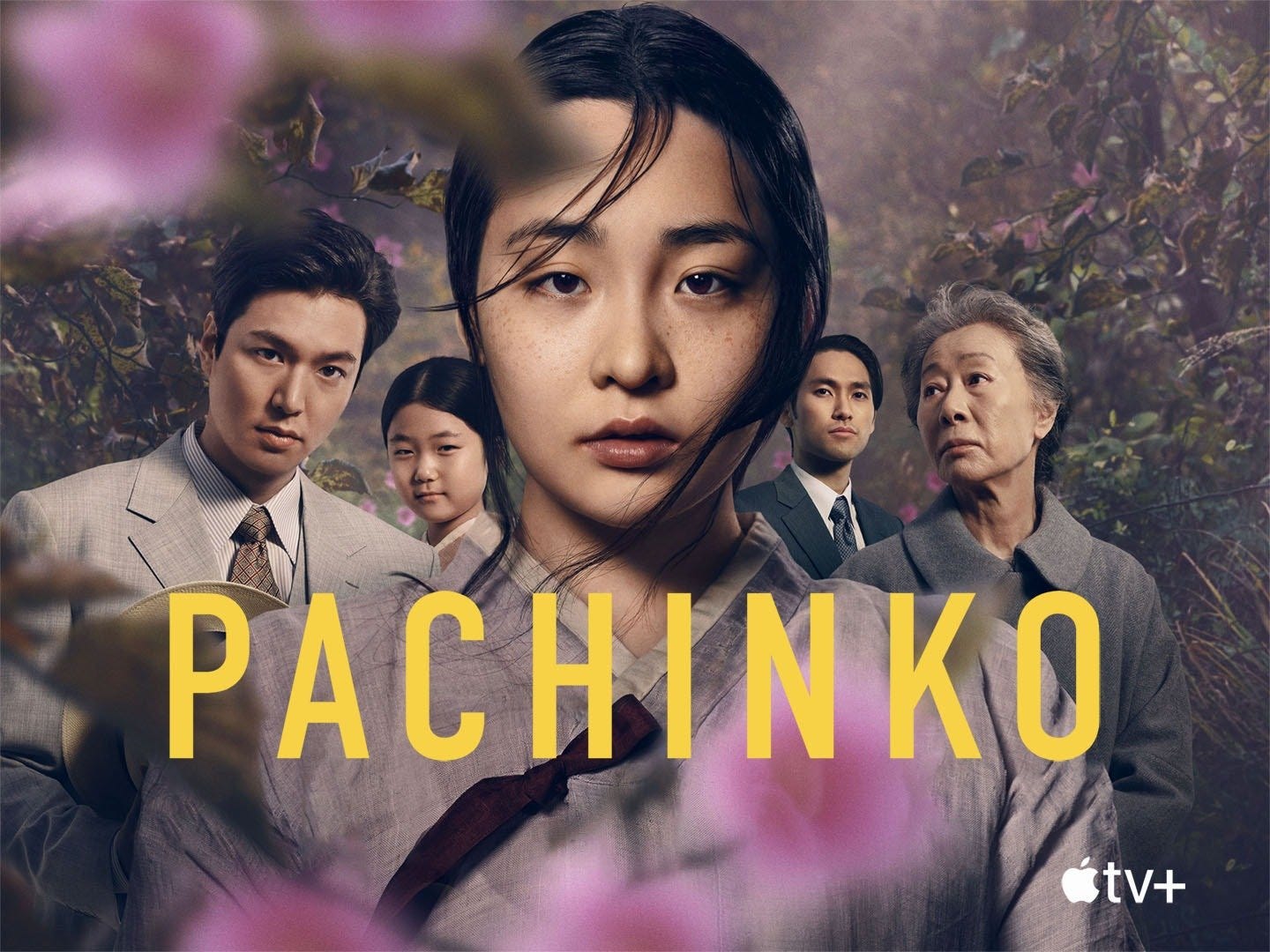
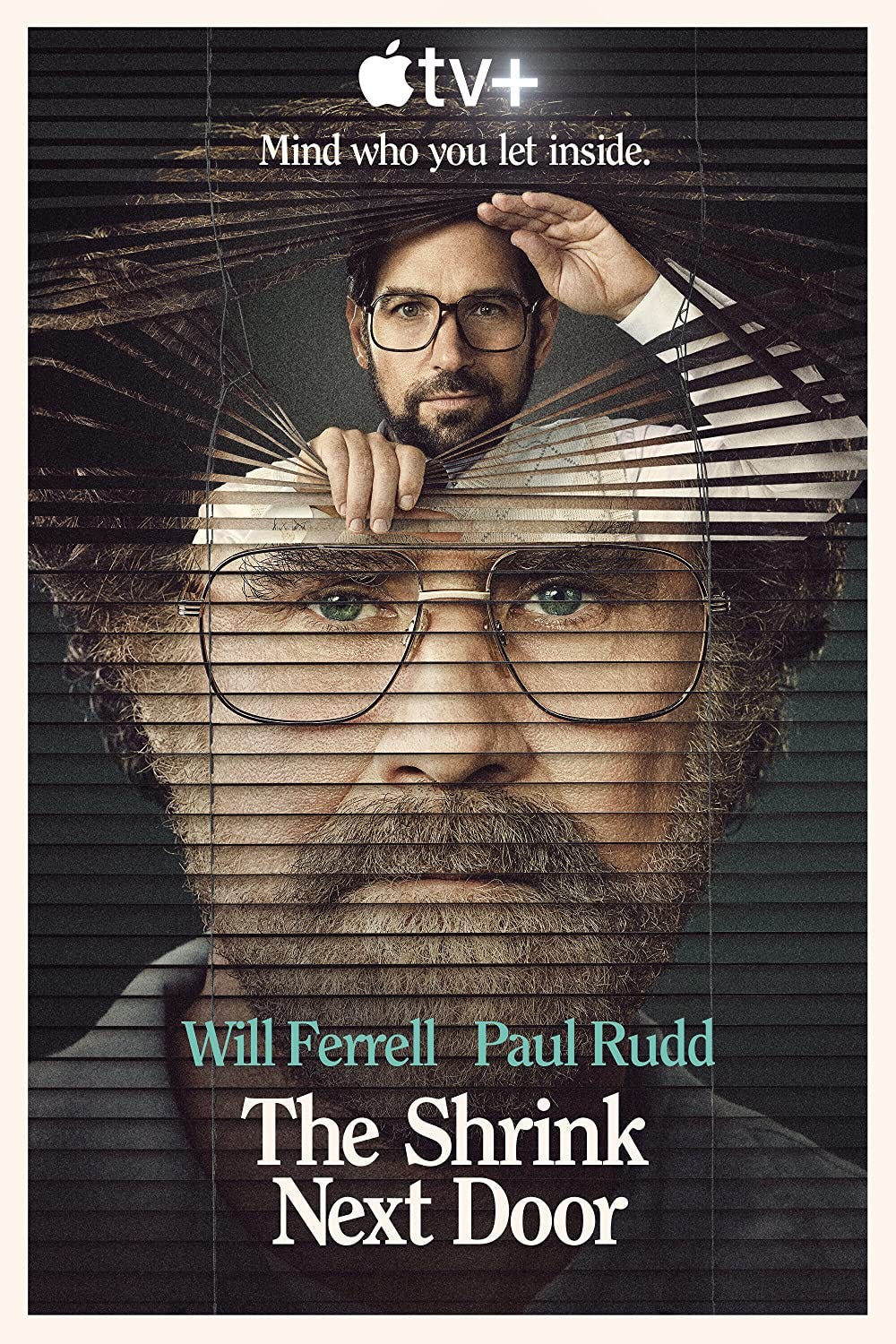

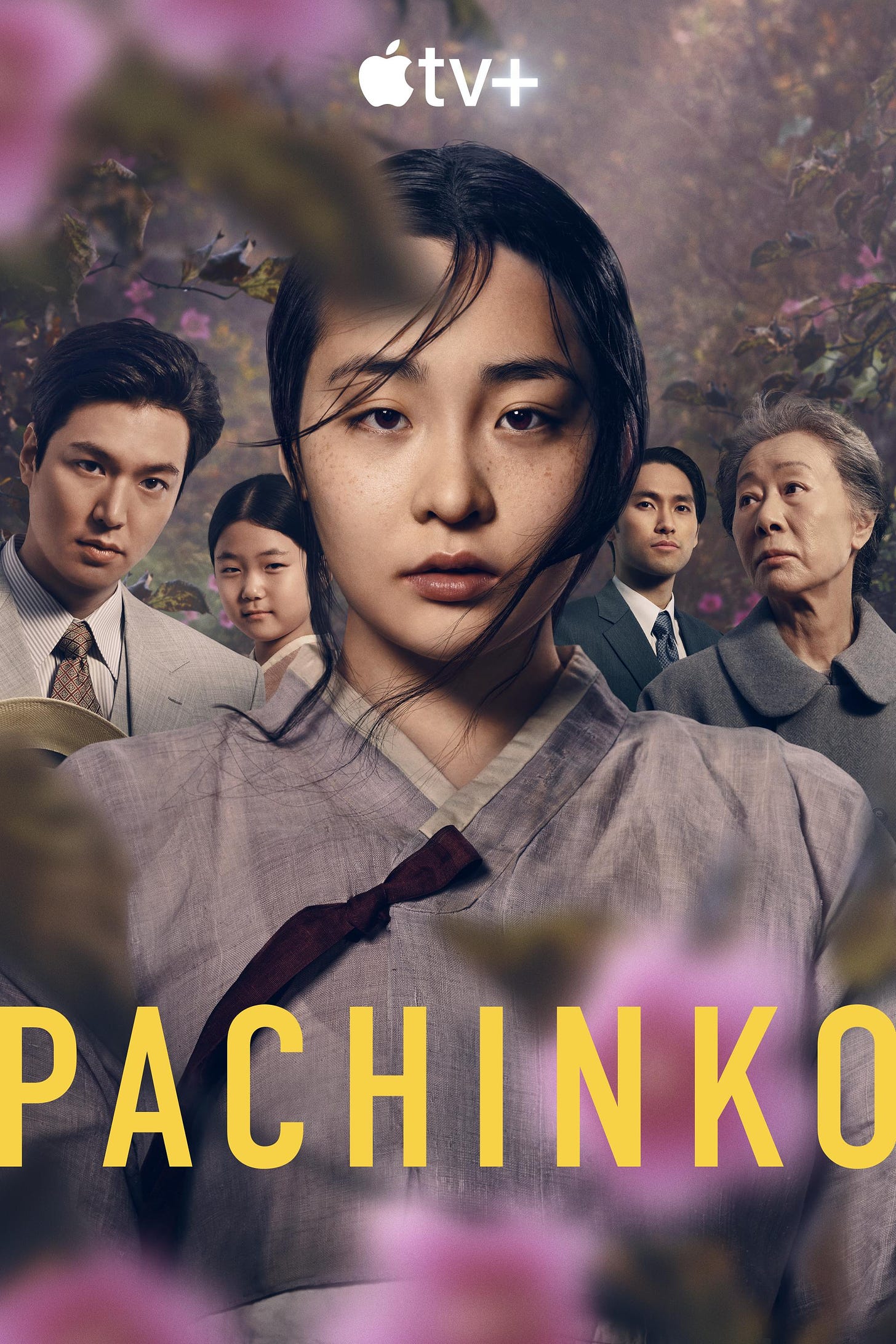
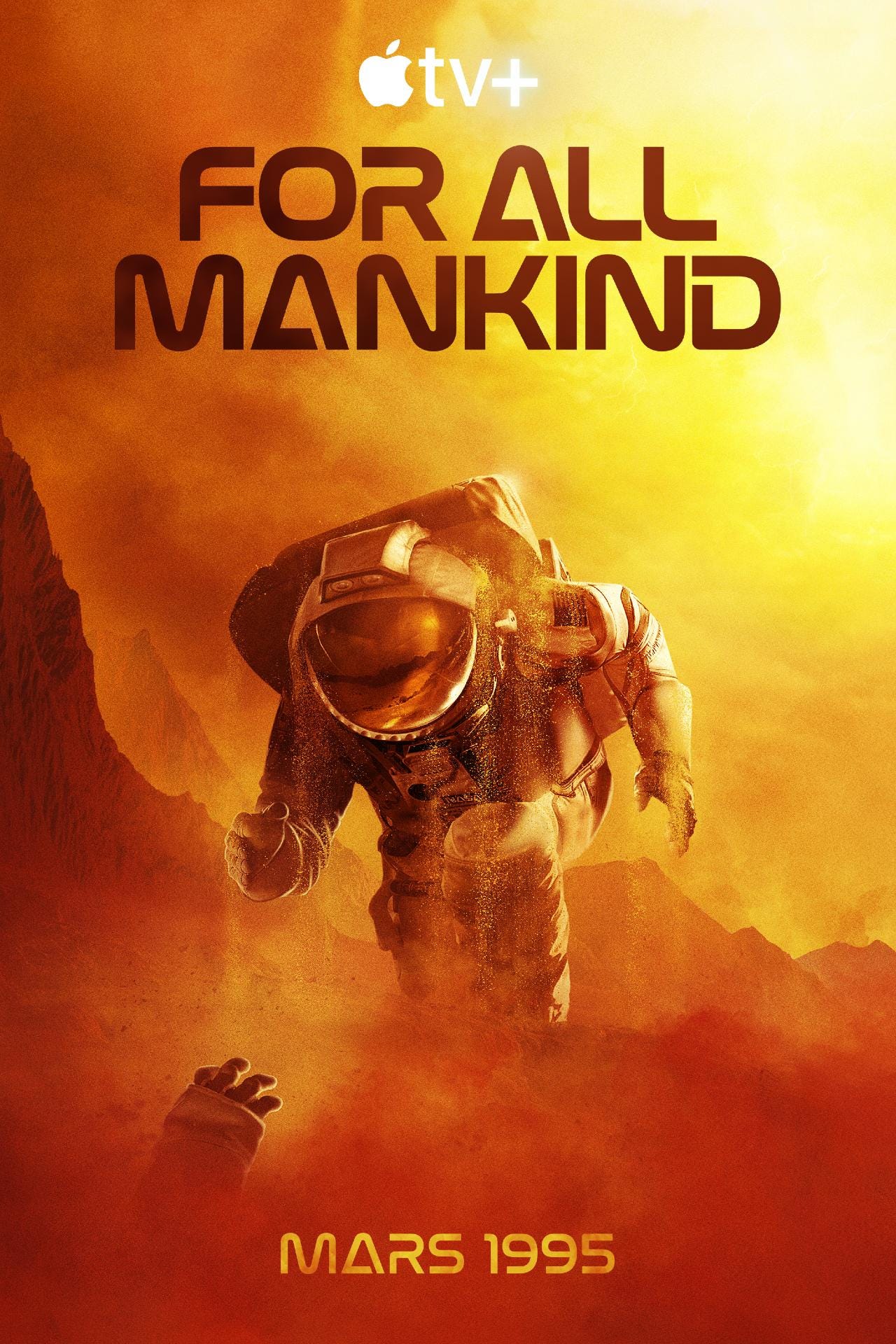

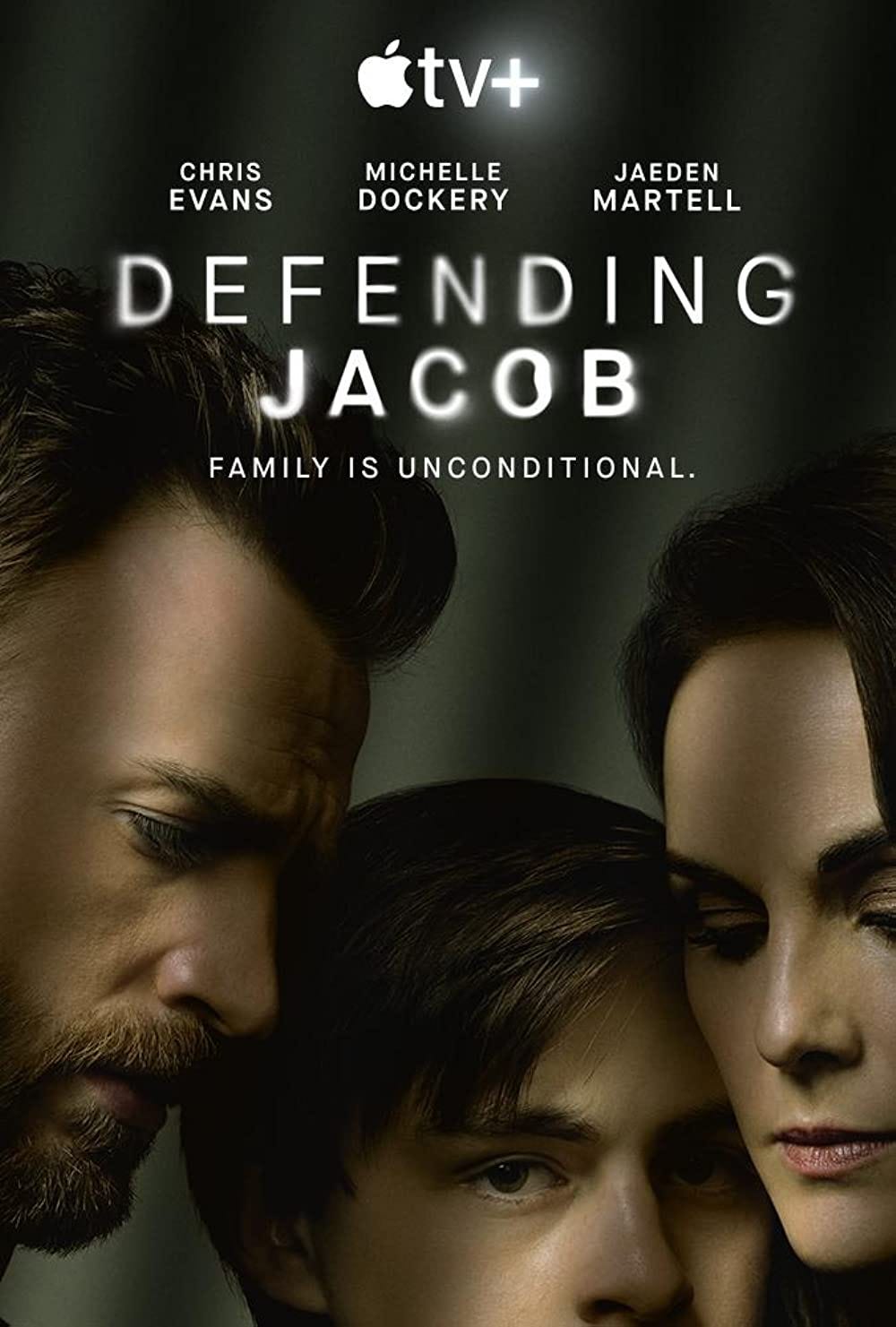
Thanks for those recommendations! I haven't seen any of them. Will have to check. I watched Severance and Bad Sisters which I liked. I also liked The Last Days of Ptolemy Grey.
What do you think about Severance? That show in particular made me pay attention to Apple TV+ shows.